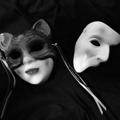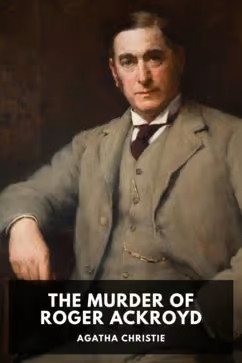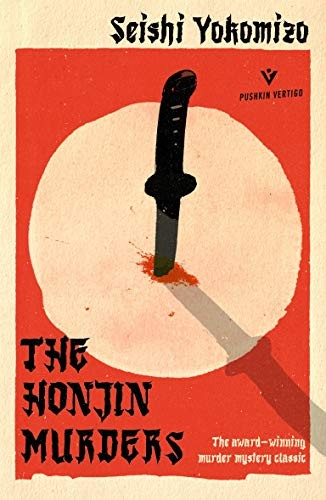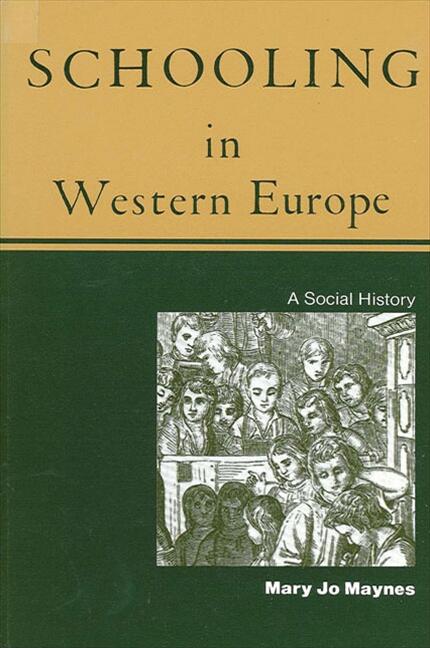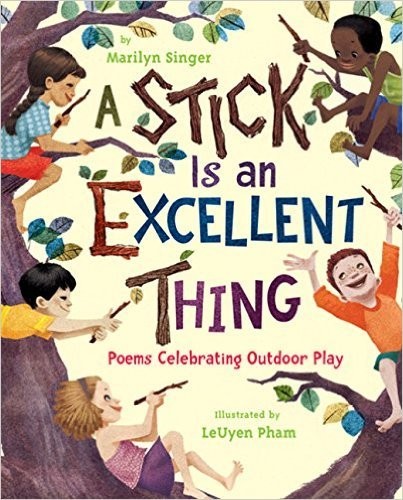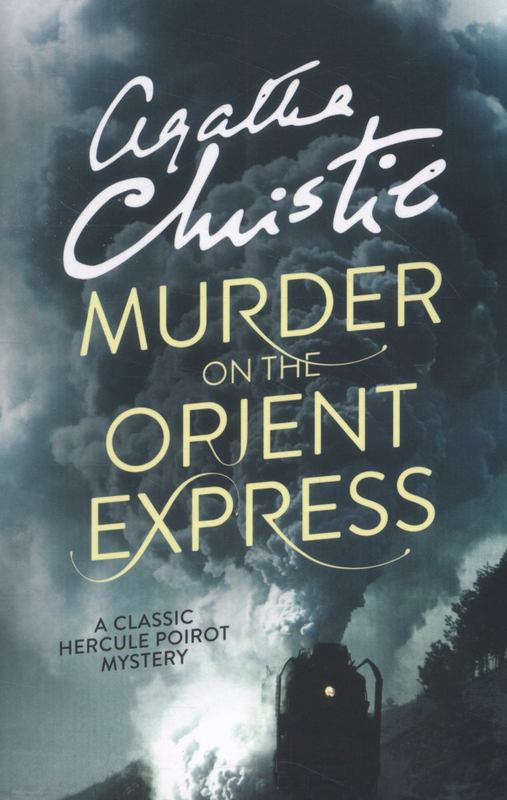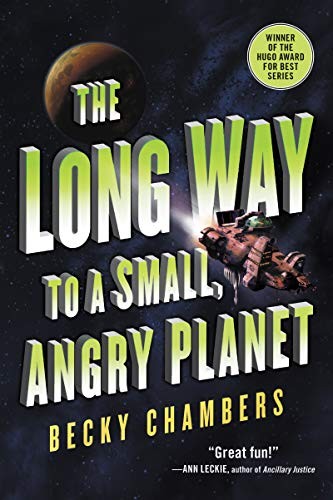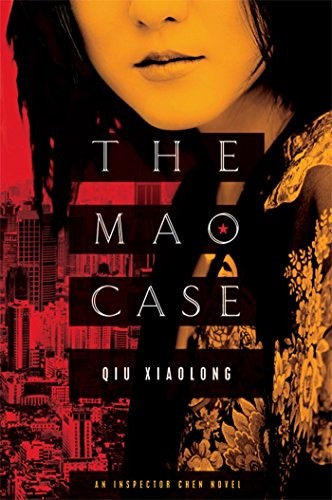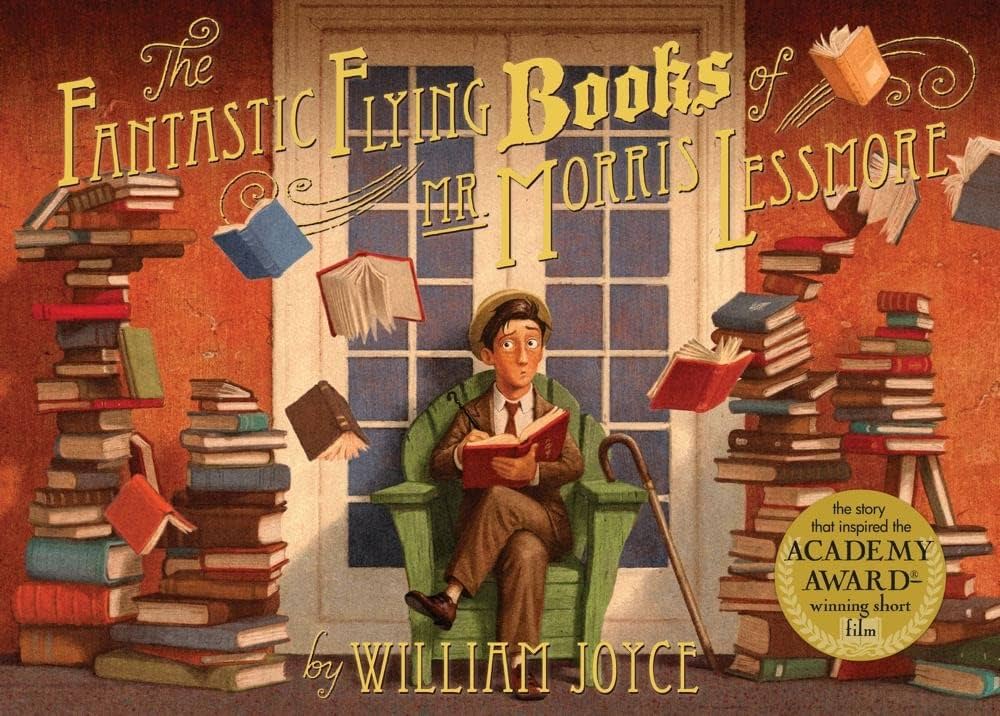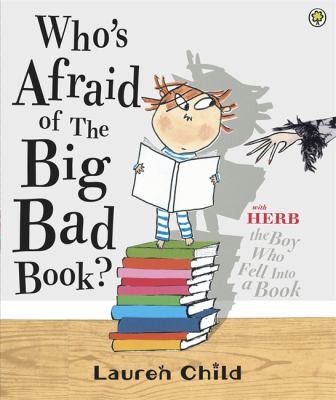Enjoyable.
4 stars
This is probably one of my favourite Agatha Christie novels, and it's largely because of the structure. I absolutely adore the style of this one, especially because it was rarely a common form for the genre even though it is definitely something that I would've thought was done far more than it ever has been.
All of that sounds vague, and that's because to explain it would be to spoil the story itself.
It is definitely slow-moving at the beginning, but once it picks up? It keeps going and builds a lot of good suspense. It forces you to ask a lot of questions and to figure out which questions aren't being asked or even considered. What's not being said, even though it's being hinted at? Honestly, I adore it.
(The one thing I'd love to do, since I skimmed them, is remove the introductory texts that were inserted in …
This is probably one of my favourite Agatha Christie novels, and it's largely because of the structure. I absolutely adore the style of this one, especially because it was rarely a common form for the genre even though it is definitely something that I would've thought was done far more than it ever has been.
All of that sounds vague, and that's because to explain it would be to spoil the story itself.
It is definitely slow-moving at the beginning, but once it picks up? It keeps going and builds a lot of good suspense. It forces you to ask a lot of questions and to figure out which questions aren't being asked or even considered. What's not being said, even though it's being hinted at? Honestly, I adore it.
(The one thing I'd love to do, since I skimmed them, is remove the introductory texts that were inserted in republication of the novel. All of them. They're just... a waste of paper, especially as they try to make things more important than they really are rather than just allowing people to enjoy what's there. That kind of thing always annoys me.)
